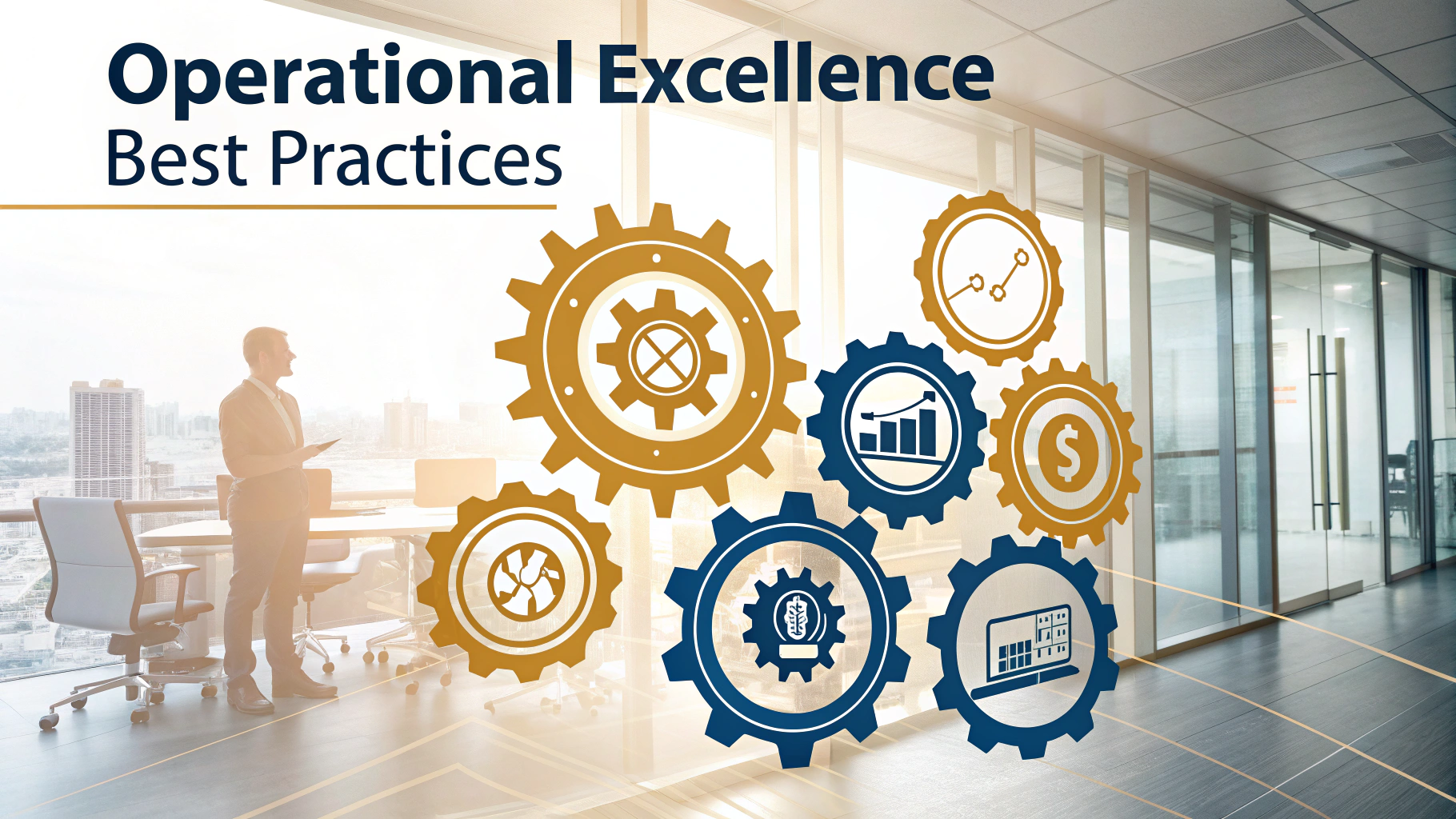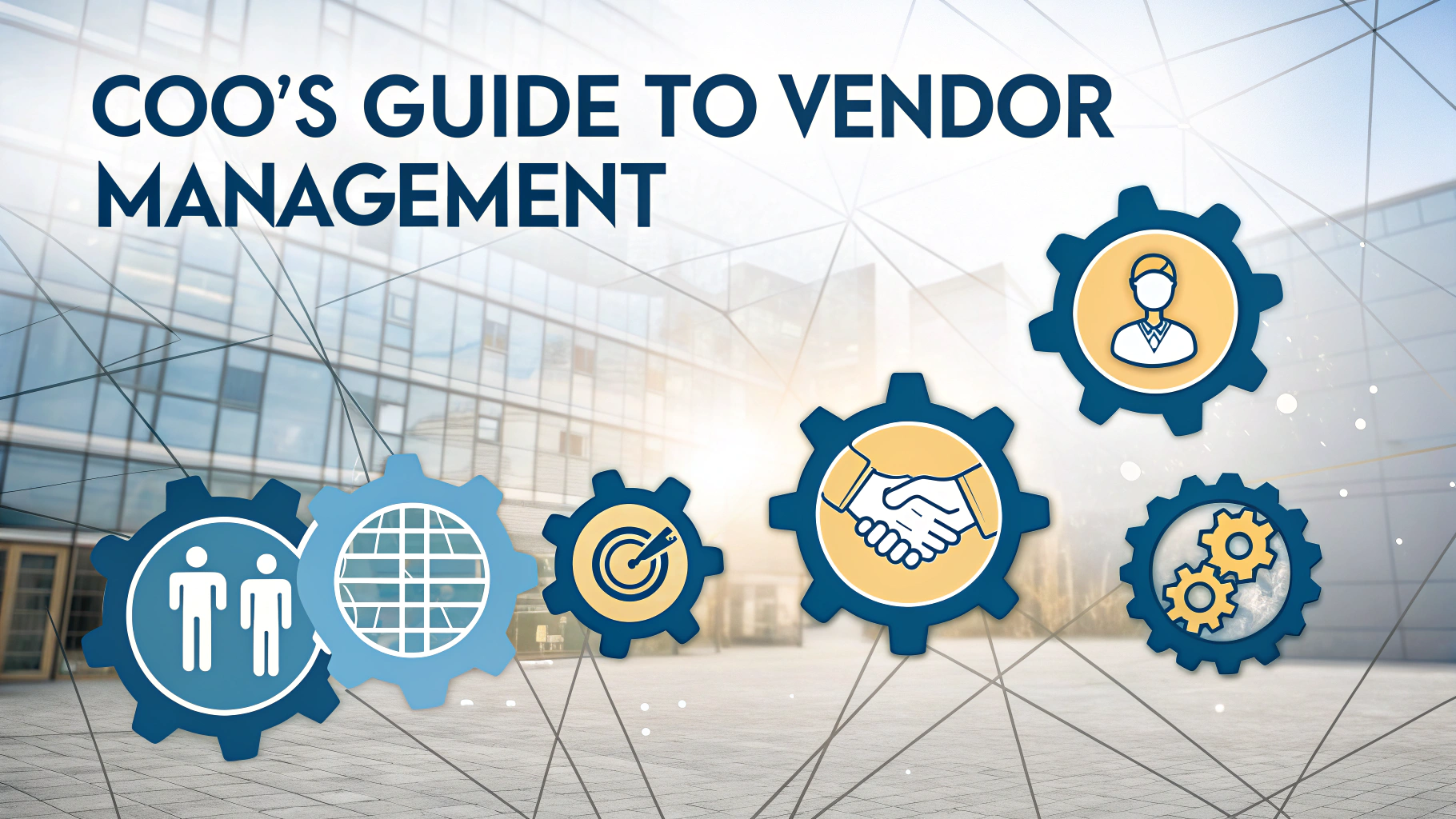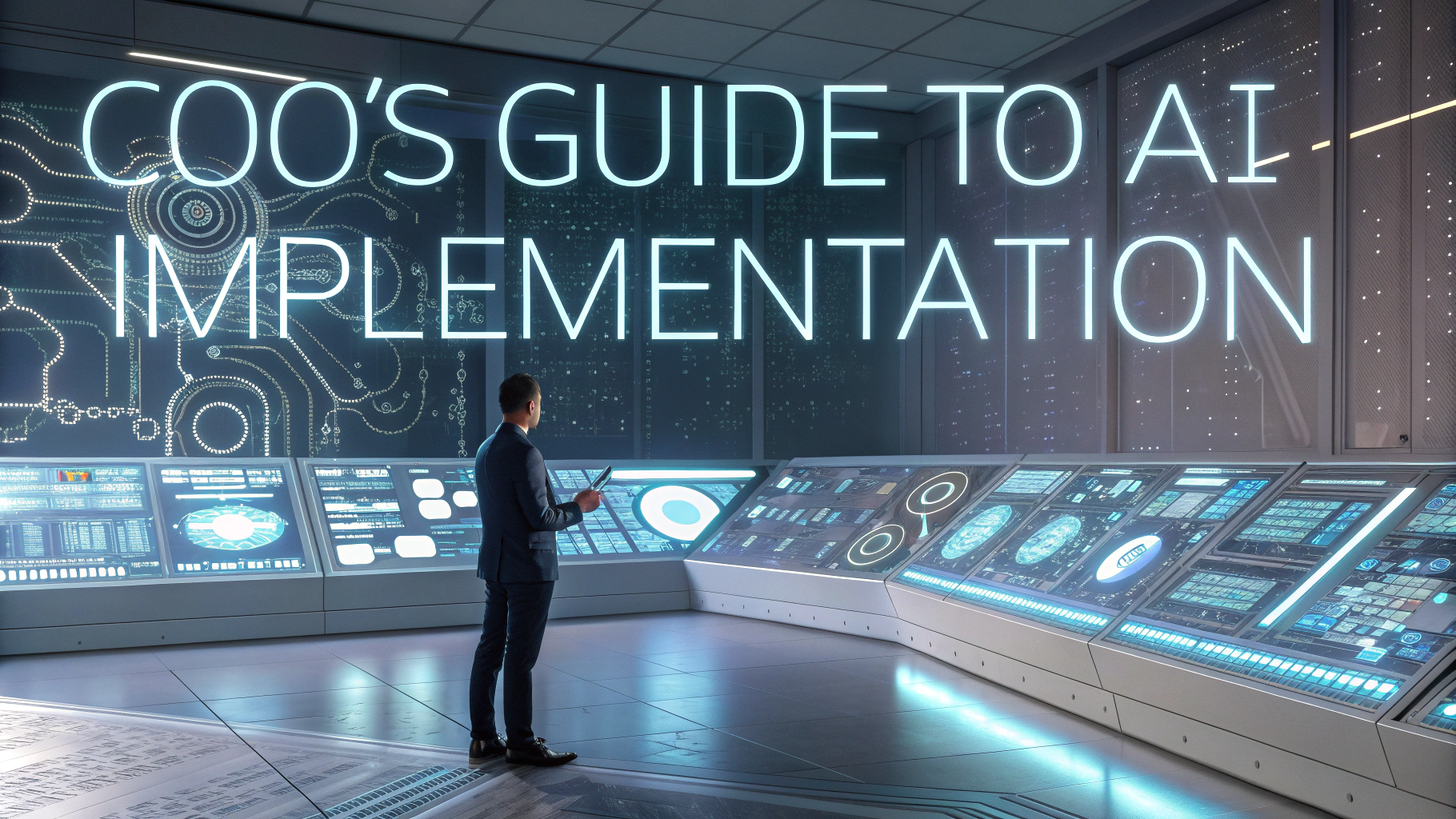Getting ready for a COO interview requires thorough preparation across multiple business domains and leadership competencies.
The role of Chief Operating Officer stands as one of the most demanding executive positions, requiring mastery of both strategic planning and hands-on operational management.
This guide breaks down the essential preparation steps, interview questions, and strategies to help you secure a COO position.
Key Areas to Master Before Your COO Interview
- Operations Management & Process Optimization
- Financial Analysis & Budgeting
- Strategic Planning & Execution
- Team Leadership & Organizational Development
- Technology Integration & Digital Transformation
- Risk Management & Compliance
Common COO Interview Questions
| Category | Sample Questions |
|---|---|
| Leadership | “How have you handled organizational change?” “Describe your management style.” |
| Operations | “How would you improve our current operations?” “What metrics do you use to measure operational success?” |
| Strategy | “How do you align operations with company strategy?” “What’s your approach to scaling operations?” |
Preparation Strategies
Research the Company:
- Study financial statements and annual reports
- Analyze current operational challenges
- Review company culture and values
- Examine competitive landscape
Prepare Your Track Record:
- Document quantifiable achievements
- Prepare specific examples of operational improvements
- Gather data on team growth and development
- Compile case studies of successful projects
Interview Day Tips
Arrive 15 minutes early with multiple copies of your resume and relevant documentation.
Dress appropriately – conservative business attire is standard for C-suite interviews.
Bring a presentation outlining your 90-day plan for the role.
Questions to Ask the Interviewer
- What are the board’s expectations for the first year?
- How does the company measure operational success?
- What are the biggest operational challenges?
- How does the COO role interact with other C-suite positions?
Next Steps After the Interview
Send a thoughtful thank-you email within 24 hours of the interview.
Follow up with any additional information or documentation requested during the interview.
Connect with relevant interviewers on LinkedIn with a personalized message.
Resources for Further Preparation
Setting Yourself Up for Success
Remember that a COO role requires demonstrating both strategic vision and practical execution abilities.
Focus on showing how you can add immediate value while building long-term operational excellence.
Be prepared to discuss how you’ll partner with the CEO and other executives to drive company success.
Negotiating Your COO Package
- Research industry-standard compensation packages
- Consider equity options and long-term incentives
- Evaluate benefits and perks appropriate for C-level position
- Discuss performance metrics and bonus structures
Building Your First 100 Days Plan
Days 1-30: Assessment Phase
- Meet key stakeholders and team members
- Review current operational processes
- Identify immediate improvement opportunities
- Establish communication protocols
Days 31-60: Strategy Development
- Define key performance indicators
- Develop action plans for priority areas
- Begin implementing quick wins
- Build cross-functional relationships
Days 61-100: Implementation
- Launch strategic initiatives
- Establish monitoring systems
- Begin measuring impact
- Adjust plans based on feedback
Managing Key Stakeholder Relationships
| Stakeholder | Focus Areas |
|---|---|
| Board of Directors | Strategic alignment, governance, performance metrics |
| CEO | Vision alignment, complementary leadership, trust building |
| Department Heads | Operational efficiency, resource allocation, goal setting |
Positioning Yourself as a Strategic COO
Remember that success in the COO role requires balancing immediate operational needs with long-term strategic vision. Focus on demonstrating your ability to:
- Transform organizational capabilities
- Drive sustainable growth
- Build high-performing teams
- Create lasting operational excellence
- Partner effectively with the executive team
Your preparation and approach to the interview process will set the tone for your potential tenure as COO. Stay focused on showcasing both your technical expertise and leadership capabilities while maintaining authenticity in your interactions.
FAQs
- What qualifications are typically required for a COO position? A COO typically needs a minimum of a bachelor’s degree in business administration, management, or related field, with many holding an MBA. Additionally, 10-15 years of progressive leadership experience, including significant P&L responsibility and team management, is usually required.
- How does a COO differ from a CEO? While the CEO is responsible for overall company vision, strategy, and external relationships, the COO focuses on daily operations, execution of strategy, and internal processes. The COO typically reports directly to the CEO and ensures organizational efficiency.
- What are the key skills needed to succeed as a COO? Essential skills include operational expertise, strategic planning, financial acumen, leadership ability, problem-solving, communication skills, change management experience, and the ability to drive organizational efficiency and growth.
- How should I prepare for a COO interview? Prepare detailed examples of operational improvements you’ve led, financial results you’ve delivered, teams you’ve built, and strategic initiatives you’ve executed. Research the company thoroughly and be ready to discuss their specific operational challenges and opportunities.
- What type of experience is most valuable for aspiring COOs? Experience in P&L management, cross-functional team leadership, process optimization, merger integration, strategic planning, and crisis management are highly valued. Direct experience in the company’s industry is often preferred but not always required.
- What are common interview questions for a COO position? Questions often focus on operational strategy, team building, crisis management, financial performance, process improvement, and cultural transformation. Be prepared to discuss specific examples of leading large-scale organizational change.
- What compensation can I expect as a COO? COO compensation typically includes base salary, performance bonus, equity compensation, and benefits. Total compensation varies widely based on company size, industry, and location, but often ranges from $200,000 to several million dollars annually.
- How important is industry-specific experience when applying for a COO role? While industry experience is valuable, many companies prioritize operational expertise and leadership skills over industry-specific knowledge. However, regulated industries like healthcare or financial services often require sector experience.
- What are the typical responsibilities of a COO? COOs oversee daily operations, develop operational strategy, manage key performance indicators, lead cross-functional teams, optimize processes, manage budgets, and ensure organizational efficiency while driving growth initiatives.
- How can I demonstrate my readiness for a COO position? Showcase measurable achievements in operational improvement, financial performance, team leadership, and strategic execution. Develop a track record of successfully managing complex organizational challenges and driving transformational change.







